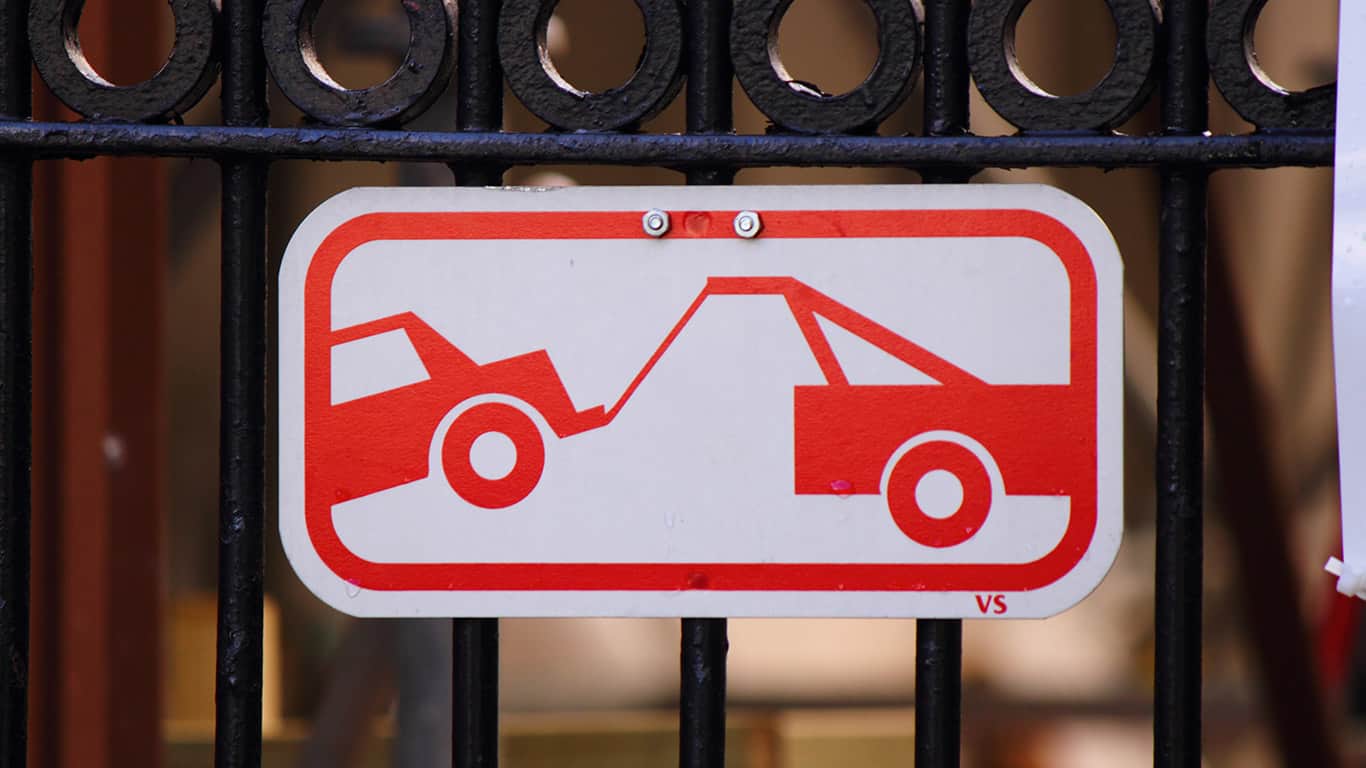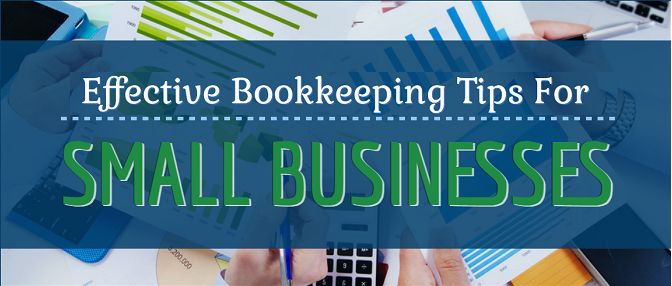When it comes to starting a vending machine business these days, you will be competing against many other players to place your machines in the best locations. A great way to convince “decision makers” to allow you to place your vending machines on their premises is to associate your business with a charity. This can often allow you to make a bigger profit than if you gave them a commission and also allows you to do some good in the community.
Let’s take a look at how your business can benefit from working with charitable vending machine programs. Starting a vending machine business with a charity partner can give you the edge you need to win over “decision makers.”
Starting a Vending Machine Business with a Charitable Partner
It is quite common for vending business operators to partner with charities. This makes your service more marketable and can help you win placements and improve sales. If the donations come directly from your selling business, they are also tax deductible.
Of course, you will still run a business and be allowed to make a profit. Only a portion of your profits will go to charity.
It’s not hard to find charities to work with these days and some of them actively promote themselves to vending machine operators. Some reputable charities will allow you to officially represent them for as little as a few dollars per machine, per month.
How much goes to charity?
The key to taking advantage of the charity approach is to give the ‘decision maker’ the impression that having their machine at their location will really make a difference and raise a decent amount of money. In reality, however, the donation he is giving from the machine at his facility will probably be quite small.
Vending machine charity is a win-win situation for everyone involved, but to make your business model work, it’s better to make people feel like they’re giving a lot when in reality they’re giving just a little.
Most “decision makers” will be skeptical until they see the official documentation. Once they realize that you are a legitimate representative, they will sometimes want to know exactly how much of your profits will go to the charity in question.
There are many ways to calculate the contribution your business will give to your charity partner. It is common to donate a flat fee per machine or pay a percentage of the proceeds from the machine. A fair percentage to give to charity and still keep your business profitable would be around 10% to 15%.
Many providers go out and clearly tell customers that they give a percentage of the machine’s profits to charity if this is indeed the case. However, a contribution of just a few percent may sound petty to some people, so there are ways to make your contribution sound more impressive.
A better way is to let “decision makers” know your “total contribution” to the charity your business is associated with. You can say that in the last year you have donated more than $5,000 to the charity in question. In some cases, you may be able to get a letter supporting your statement. If you haven’t been in business very long, you can always say that your goal is to donate $5000 to charity next year and to achieve that you need to put up a certain number of machines.
The fact is that each location will not contribute much to the charity after considering costs and profits. If you allow the ‘decision maker’ to do a mental calculation of the small amount your location will contribute, you may be giving them an excuse to back out of the deal. Rather, it should highlight the fact that his contribution, along with all of his other placements, adds up to a sizeable donation each month or year.
Other tips for selling for charity
You must carry the official documentation of the charity at all times, as well as use their credentials if they have them. When you hand out information about your machines, you should also give prospects a brochure from your charity. Some sellers also go so far as to include the charity they work with in their selling business name.
Be sure not to misrepresent yourself. If you are asked about it, you should make it clear that you are only working with the charity and are not directly employed by them.
Pick a cause that really interests and cares about you and then you can talk freely about it and your passion is more likely to come through in the conversation. Choose a local charity if something is appropriate, as people are likely to be more concerned with supporting local causes.
Once you’ve secured a location, be sure to place the charity’s or other branding stickers on your machines in a way that can enhance sales without obscuring the face of the vending machines.
Many vendors have done very well working with charities. If you deal with your vending machine charity correctly and with integrity, you will find it easier to win placements and therefore your vending business will be more profitable. Starting a vending machine business by working closely with charities can be a win-win situation for everyone involved if you do it the right way.





